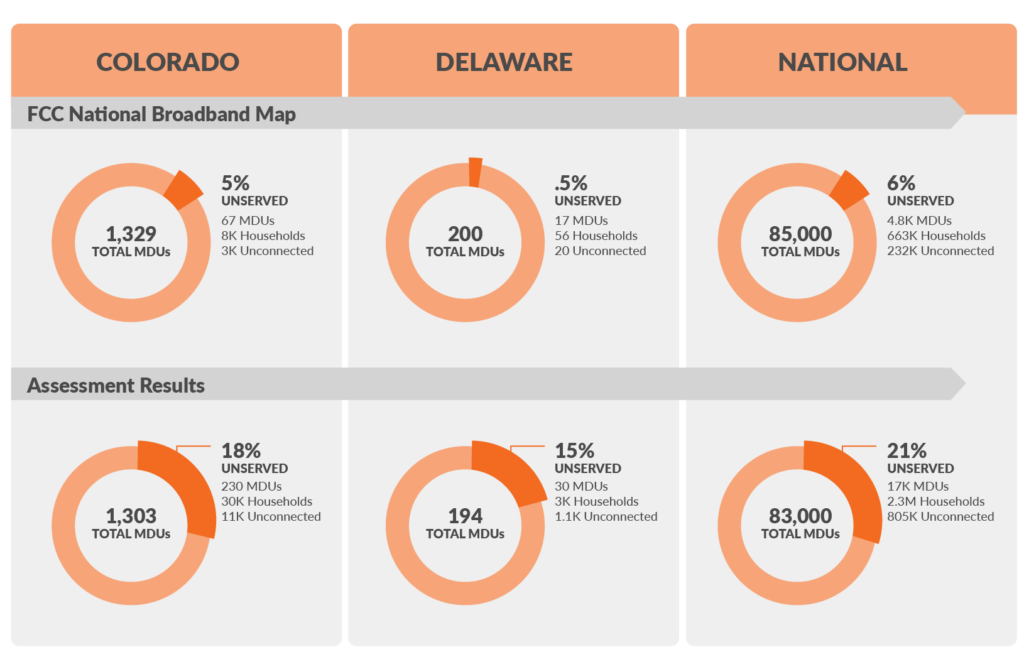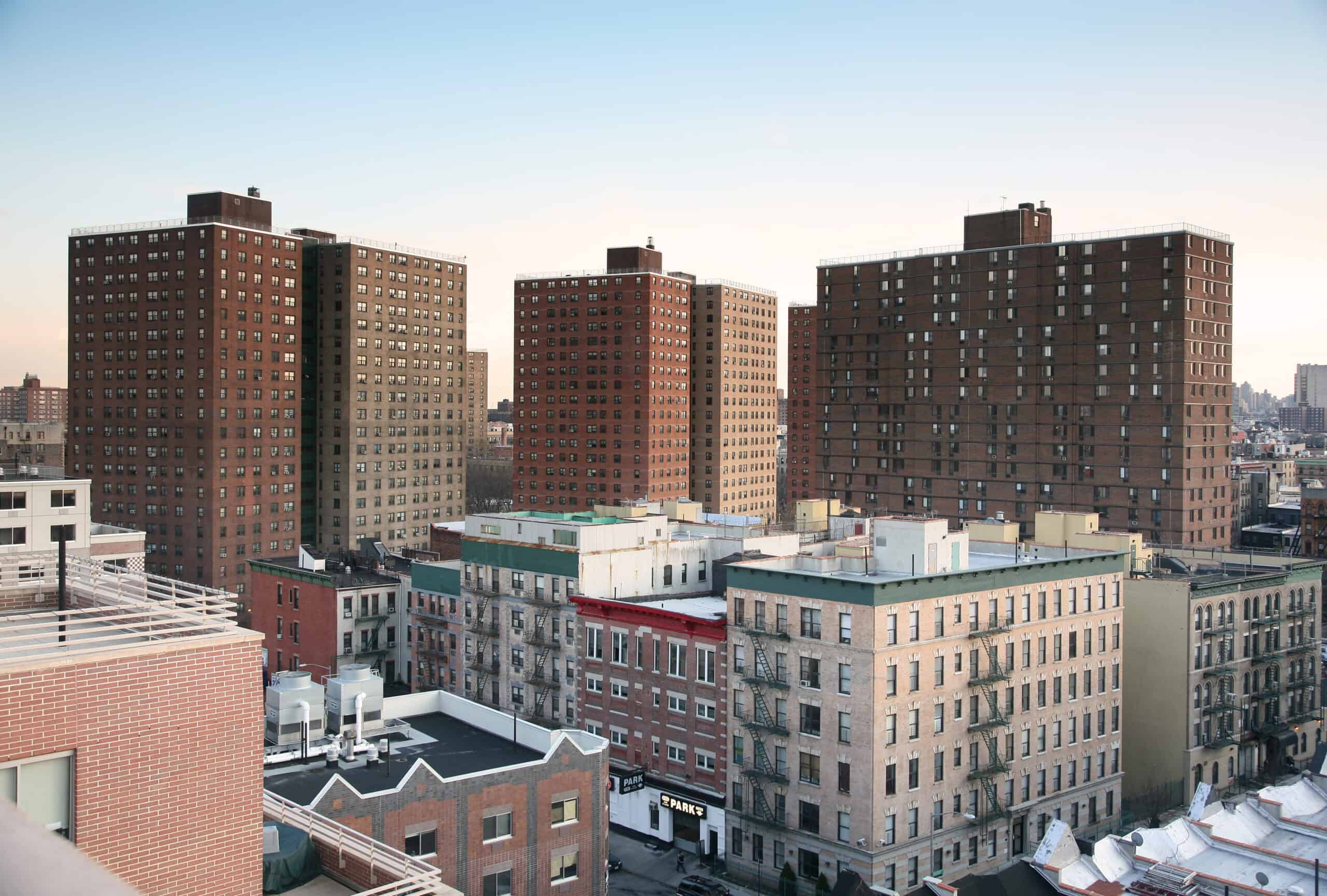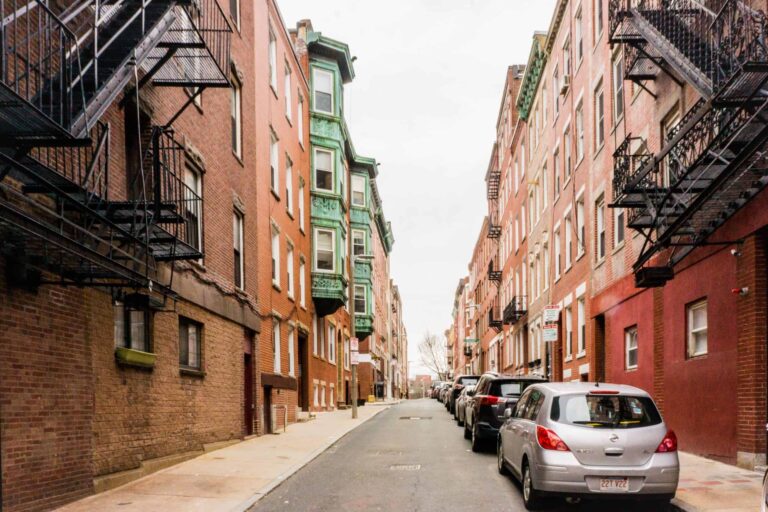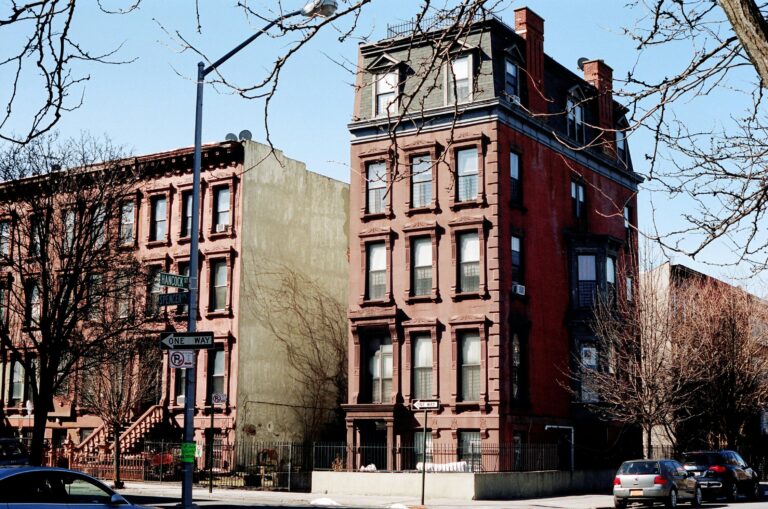20-25% of the digital divide is concentrated in affordable multi-dwelling units (MDUs). EducationSuperHighway conducted a desktop assessment in Colorado that highlighted the importance of states following NTIA’s guidance to go beyond the FCC National Broadband Map to determine the connectivity status of MDUs that could benefit from Broadband Equity, Access, and Deployment (BEAD) funding.
Our recent report highlighted how improvements in Wi-Fi technology have made it possible to connect units in affordable multi-dwelling buildings to reliable broadband service by deploying Wi-Fi access points throughout the property and then connecting the building network to a fiber connection. Modeled after how Wi-Fi is delivered in most hotels today, Free Apartment Wi-Fi programs can connect 6.5 million unconnected people in 4 million households to reliable high-speed home internet – closing 23% of the broadband affordability gap.
However, the first step in leveraging Free Apartment Wi-Fi to cost-effectively meet a state’s obligations for connecting households in MDUs is to ensure that the state has the correct list of MDUs that are unserved or underserved. NTIA’s recent guidance recommends that states investigate the connectivity status of BEAD-eligible MDUs beyond those listed as unserved on the FCC National Broadband Map. The map identifies multifamily housing developments as one Broadband Serviceable Location (BSL), which means it does not represent broadband availability of the individual units, significantly understating the number of unserved and underserved MDUs. NTIA’s BEAD Challenge Process Policy includes a BEAD Model Challenge Process that states can adopt in its entirety to complete Volume 1 of BEAD Initial Proposals.
Our Assessment
To better understand the extent of undercounting, EducationSuperHighway conducted a simple desktop assessment process for the states of Colorado and Delaware. By attempting to order internet service for BEAD-eligible MDUs in each state, we uncovered significant discrepancies that illustrate the disparity between the maps and actual broadband service availability.
To ensure accuracy for each location on the list, we searched for the address of the eligible property on the Internet Service Provider’s (ISP’s) online lookup tool and included one of the units associated with the property to identify and record the fastest download and upload internet speeds available. If the ISP did not offer an online lookup tool option or the available speeds were not advertised on the ISP website, we called to confirm service availability and speeds.

* The total number of MDUs is impacted by excluding non-residential buildings from the assessment data.
In many instances, the survey revealed that the broadband service reported is not aligned with available (or unavailable) service offerings for these properties. The FCC National Broadband Map indicates significantly lower rates of unserved MDUs compared to our desktop assessment results. Our assessment also found the following discrepancies:
| Colorado | Delaware |
| Gig Symmetric Fiber vs. DSL | Inaccurate Fiber claims |
| In Denver, a provider claims to offer Gig symmetric fiber, but in reality, they only provide DSL service, which is an inferior connectivity option. | A cellular licensed fixed wireless provider in Delaware is reporting to offer 25/3 or better service at 114 of the 200 MDU locations that were checked. Service is unavailable at 67 (59%) of the 114 locations. |
| Inaccurate Claims in Rural Areas | Licensed Fixed Wireless |
| A public housing MDU in Yuma, Colorado, was purported to have 100 meg symmetric fiber; however, the provider confirmed they did not have fiber in that area. | A cellular licensed fixed wireless provider in Delaware is reporting to offer 25/3 or betterservice at 114 of the 200 MDU locations that were checked. Service is unavailable at 67 (59%) of the 114 locations. |
| Delayed Service Setup | |
| An apartment building in Denver reports fixed wireless service, but the provider stated it would take about four weeks to set up the service. To qualify as served, a provider must be able to deliver service within ten (10) days of request. |
How States Can Take Action
Accurate MDU broadband service availability data can maximize BEAD funding for Free Apartment Wi-Fi programs. This solution is critical to closing the broadband gap for many seniors, veterans, and families without access to affordable internet. States should do the following to connect residents of BEAD-eligible buildings to reliable home internet in their MDUs:
Adopt the NTIA Model Challenge Process, including the Area and MDU challenge module.
Our desktop assessment results highlight the importance of following NTIA’s guidance to go beyond the FCC National Broadband Map. By completing this process, the responsibility is placed on ISPs to indicate whether they serve a location or can serve a location within ten days. Accurately representing the need for Free Apartment Wi-Fi programs in your state is integral in the equitable distribution of funding toward this priority.
Use our data to identify unserved and underserved MDUs beyond the FCC National Broadband Map.
EducationSuperHighway supports states with address-level data for the buildings eligible for BEAD-funded Free Apartment Wi-Fi networks to include in Volume 1 of their Initial Proposals. Our data contains the unserved and underserved buildings required by the FCC National Broadband Map and each state’s share of 75,000 buildings nationwide that require challenge process review. Our Free Apartment Wi-Fi Dashboard also provides planners with state- and city-level data on the number of buildings eligible for BEAD funding, the unconnected households and populations reached, and the estimated deployment costs.




